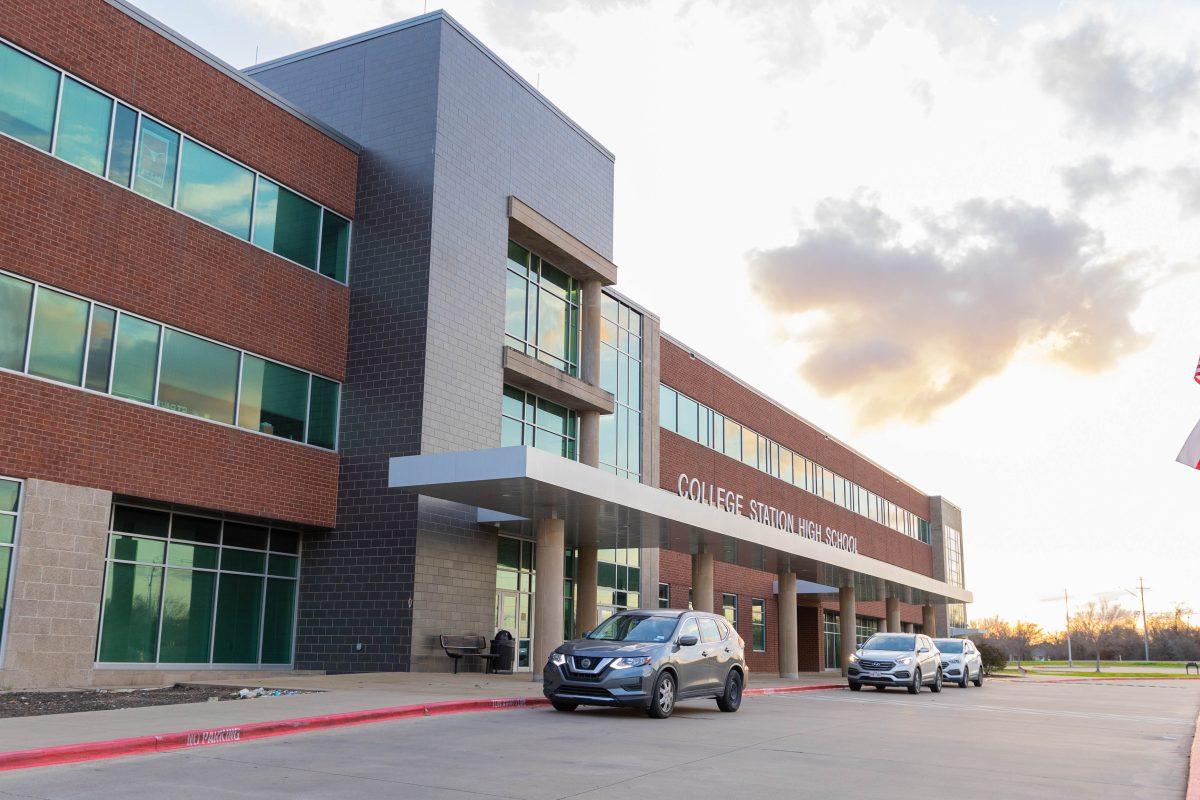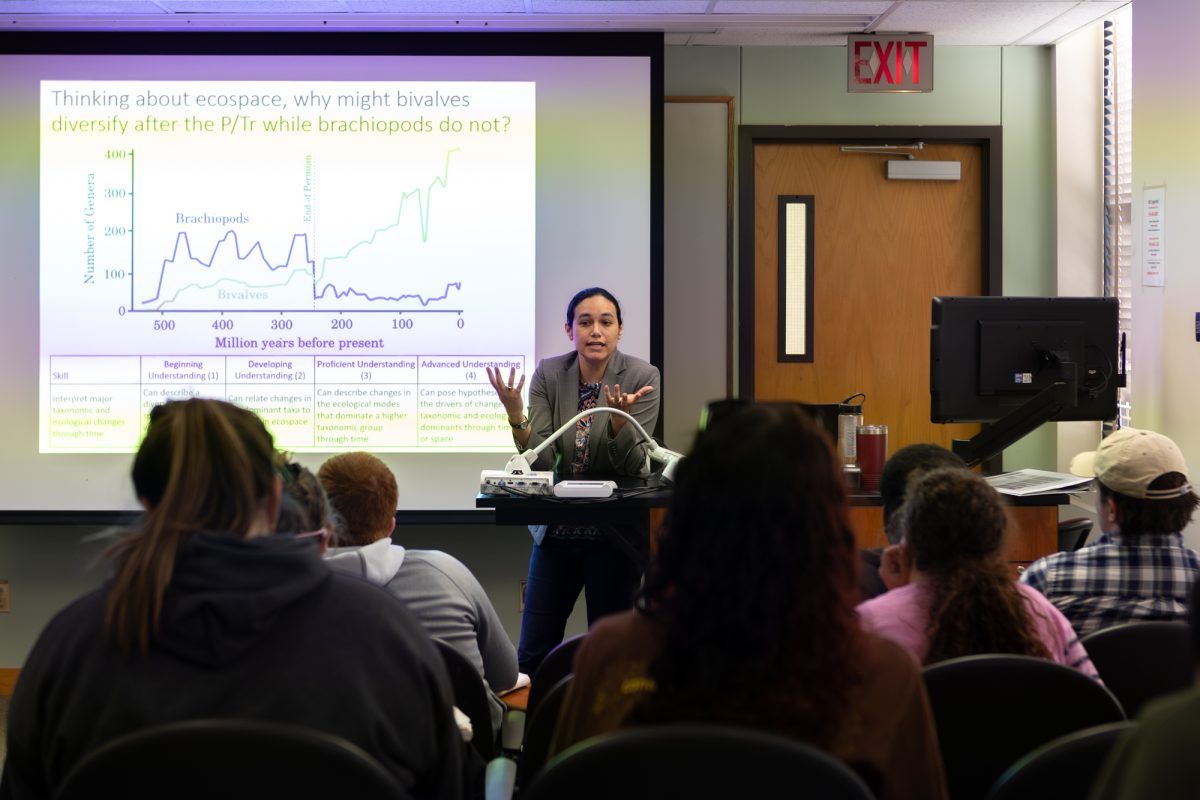Here’s a scary thought: Imagine if the Texas government operated every grocery store in the state and, using your home address, assigned you to the only one you were allowed to shop at.
Given that the only way to switch stores would be to move to a new district, stores could drive up prices without worrying about losing too many customers. Furthermore, suppose you don’t like your assigned store. You could file a complaint, but because the government store is largely shielded from market competition, the chance of the complaint being addressed is low.
A state-monopolized Walmart. Sounds crazy, but what if I told you that’s roughly how our public school system works in Texas?
By law, millions of K-12 students throughout the state are locked into poor and dysfunctional government schools with no recourse aside from paying for private school or moving to a new district — an unrealistic option for most. With consistently poor test grades, politically charged classrooms and administrations beholden to special interests such as teacher’s unions, our public education system is not up to the task of equipping the next generation.
So, why does our public school system frequently overpromise and underdeliver? It’s basic economics. Private school is too expensive for most Americans, and the option to switch to a different public school is limited. The elimination of almost all exit options has resulted in a de-facto state-enforced monopoly that can and will bump up prices without increasing the quality of services.
This year, legislators can empower families to choose what education method works best for them without constraining them to an arbitrary zip code.
School choice legislation, as seen in states such as Arizona, Utah, Iowa and many others, supports families with public education funds to pursue the education method of their choice. Whether that be a private, charter, home or public school, the imperative is the student decides, not the state. Instead of funding the one-size-fits-all public school system, it funds the students to make their own decisions.
Due to its suffocating grip on the market, the public school system has few methods to encourage schools to innovate and offer better products. School choice radically alters the incentives by introducing competition. If a school doesn’t perform well, students are equipped to go elsewhere. No longer can a public school fail its students and not suffer any consequences.
Aside from the underlying logic of school choice, the data backs it up. From 17 studies conducted over the last twenty years, 11 found a positive effect between school choice and improved test scores. Four studies showed no impact, and only three showed a negative influence. Moreover, school choice can benefit the students that stay in public schools. Out of 28 studies, 25 show that school choice improves the test grades of students who remain in public schools.
The leading critics of school choice claim it steals money from public schools. However, this argument is a silent admission that families aren’t satisfied with their assigned government schools. It would be akin to Walmart claiming the new HEB down the road is stealing their profits. An honest company should welcome the competition out of confidence in its product.
I grew up in the public school system. I saw the dysfunction firsthand. The problems are systemic and go much deeper than mere fiscal policy. If funding was the only problem, why do New Mexico public schools perform worse than Arizona and Mississippi despite vastly outspending them? Why has federal school spending tripled since 1970, but student test scores remain stagnate?
Unfortunately, this statistic is only symptomatic of a deeper problem — the education apparatus itself.
From 2000 to 2017, the rate of school administrators and staff hired outpaced the hiring of teachers by a multiple of seven. Teachers are forced to develop their curriculum to fit the desires of upper-level bureaucrats who are far removed from having to actually teach students. Classes are organized to get students to pass a slew of standardized tests instead of fostering genuine intellectual curiosity.
Along with an incomprehensible amount of federal and state education regulations, our public school system is more akin to an inhuman and inflexible administrative state than an institution trusted with educating the next generation.
No wonder more than a million students left the public school system nationwide after the COVID-19 pandemic. Students are voting with their feet, and it isn’t toward government-run schools.
The data is clear. Our public school system has failed on its own terms. Nothing short of an education revolution will be able to right the wrongs of the bureaucratic behemoth charitably called a school system. Our public schools need more accountability and competition. It needs school choice.
Breaking the monopoly of public schools is the first step in ensuring no student is locked in a failing system merely because of their address. If we wouldn’t trust the government to run our grocery stores, why do we let it run our schools?
Ryan Lindner is a sophomore political science major and assistant opinion editor for The Battalion.




























